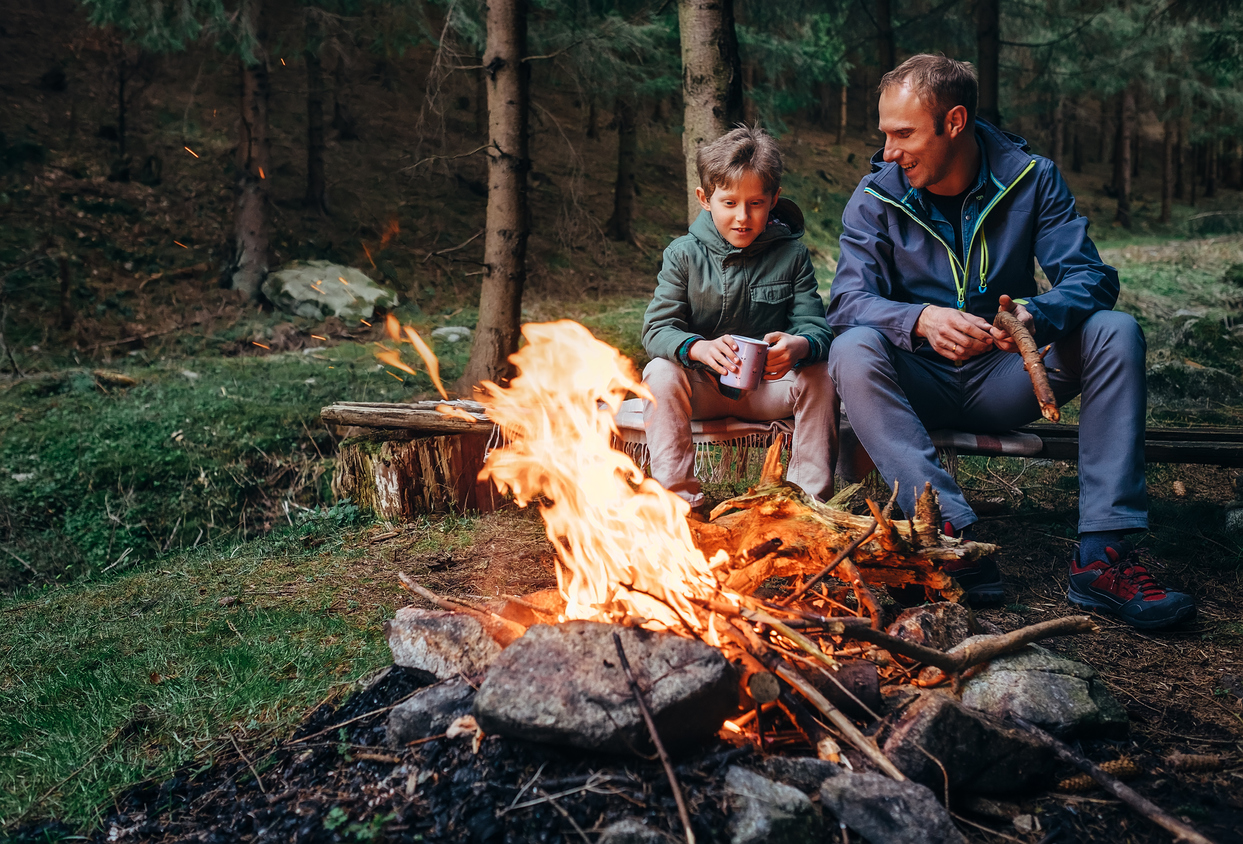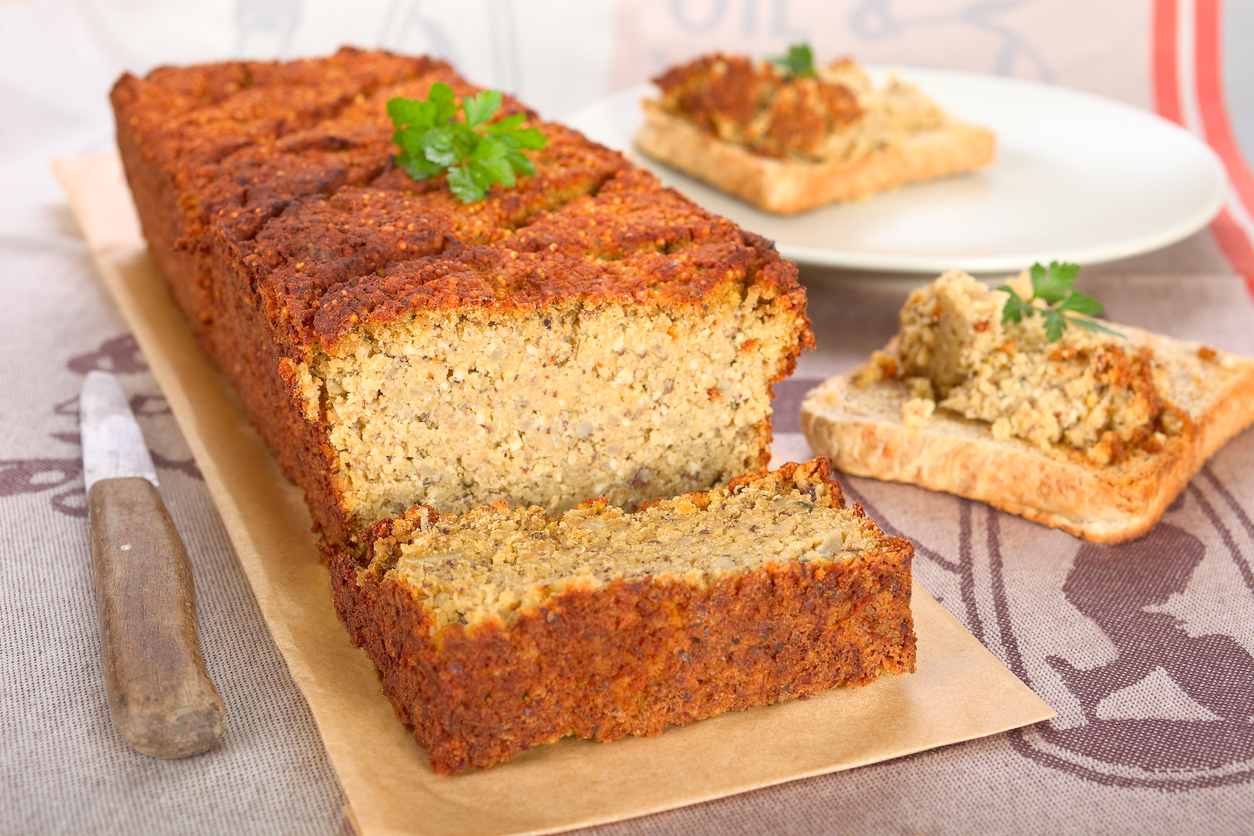
Campfire Burritos
Camping is such a fun activity, especially in warmer weather, and is a great time for families to enjoy the outdoors together. Many traditional camping menus can leave us feeling sluggish, bloated and dehydrated. Rather than relying on those foods exclusively, opt for meals based on Canada’s Food Guide, including whole grain foods, protein foods, especially from plant sources, and vegetables and fruit. You can still have fun cooking them over the fire and you will feel great after eating them. They also come together easily if you form an assembly line, and then everyone can choose their own fillings!
Serves 4
4-8 wholegrain tortillas (depending on size & appetite)
1-2 cans refried beans (or try homemade!)
1-2 cups finely shredded cabbage
2 cups cooked brown rice
1 cup shredded cheese
1 cup salsa (or chopped tomatoes)
Optional additions: raw or cooked veggies (e.g. bell pepper, mushrooms, carrots), pickled jalapenos, cooked chicken, hot sauce
Rip off enough sheets of aluminum foil for the number of burritos and lay them out on a table or counter. Top each with a tortilla. Spread refried beans evenly over each tortilla then divide cabbage, rice, cheese and salsa, if using, and layer on top of the beans. Add any optional additions. Roll up by folding in the 2 ends, then tucking the top of the tortilla in and folding the bottom over the top. Do the same with the foil around the burrito. Use a black marker to put names on the foil if burritos are customized.
Bake for 15-20 minutes over the coals of a campfire or in a skillet, turning regularly with tongs, until the cheese is melted and the tortillas are crispy but not charred. Serve with guacamole and/or coleslaw if desired. They also keep well for lunches the next day—simply store in the cooler sealed in a zip-top bag to prevent sogginess.
By Nicole Fetterly, RD MSc



